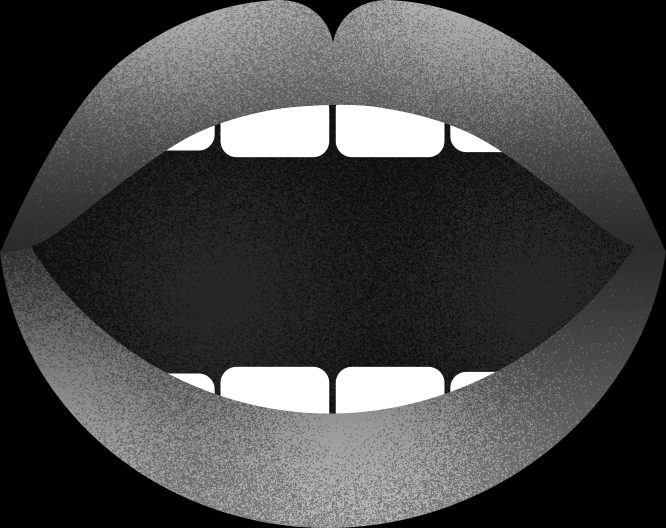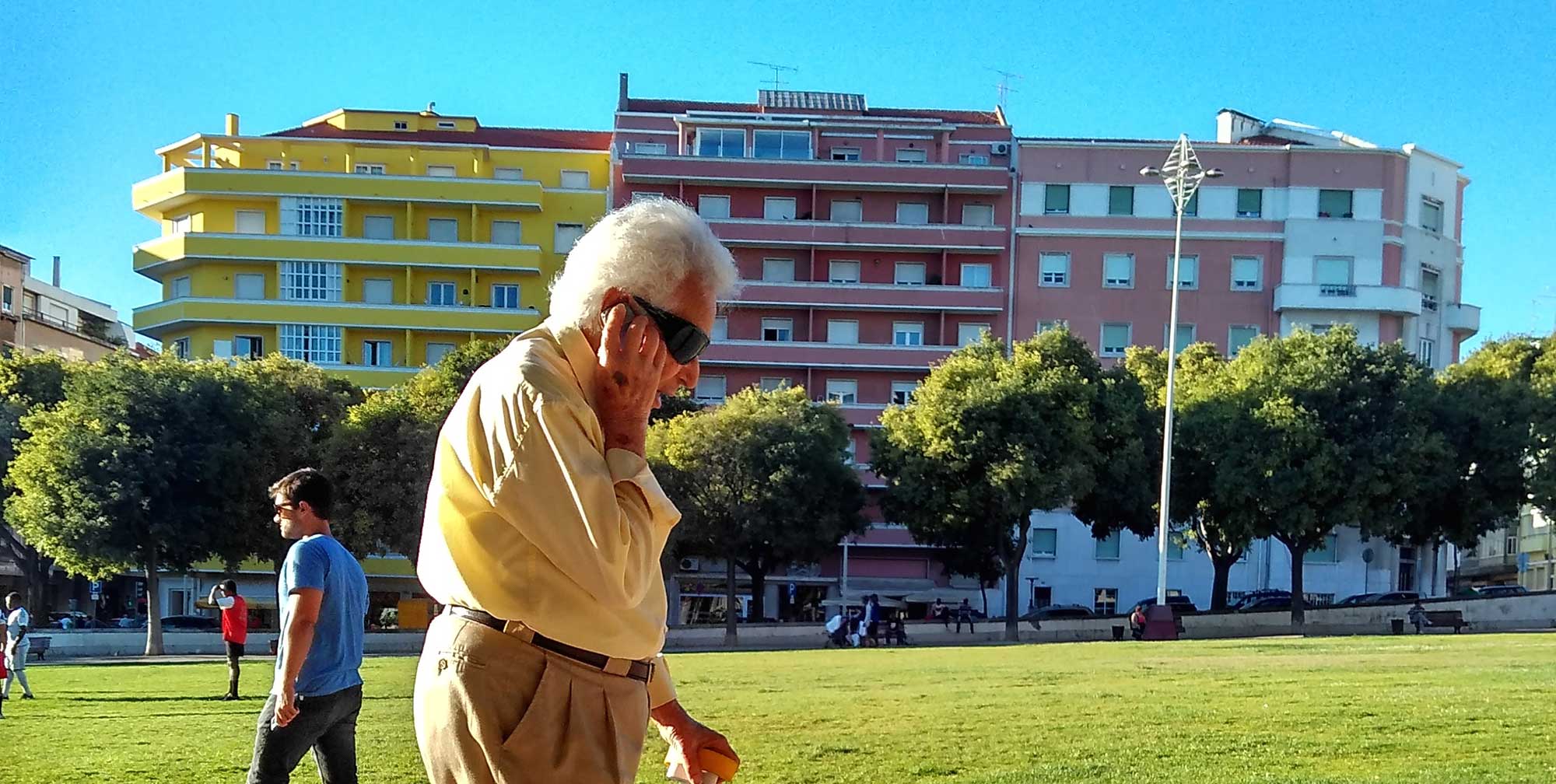10:30–11:30 am:
Felix Stalder & Sophie Mützel
How politically neutral is Technology?
Although “technology” per se is still perceived as neither a good nor bad thing -but only a mean to an end-, it’s increasingly evident that Internet, its uses, tools and infrastructures are carrying on with them not only political consequences of critical importance, but also an entire cosmovision of metrics and efficiency.
We open the event with the above stated question with the hope of peeking through the armoured glass walls of “political neutrality” and “unregulated & neoliberal” truisms that seem to protect Technology and the Internet from any critical civic examination.
11:45 am–12:45 pm
Hein Schekellens & Nicolas Zahn
How Big Data and Algorithmicity shape and influence the politics of Internet?
Are algorithms pure mathematical operations devoid of ideology, or is the very attempt of eliminating subjectivity also a form of politics? Is there any ethical contradiction in using tools manipulated by algorithms to organize and take political action? Are Facebook and Twitter a good place to build a political debate?
12:45–1:45 pm:
Pause for lunch
1:45–2:45 pm:
Adrienne Fichter & Rafael Grassi
How technology affects the political debate on the media and the civil society?
Fake news, click-bait journalism and social engineering are as old as Edward Bernays and Walter Lippman. There’s nothing new about the manipulation of public opinion and the setting of political agendas through mass media. What Internet did change is the distribution of power among the big old media outlets. How is the press reacting to those changes? Who is setting the political agenda of the public opinion in the era of Google and Facebook and how?
3-4 pm:
Evangelos Pournaras & Rasmus Nutzhorn
Can we expect political changes from Governments, Industry and Society?
Internet and its digital technologies are shaping our culture at such a rapid pace that is already creating inter generational gaps of a few years of difference. When Mark Zuckerberg was interrogated at the Congress, the venerable congressmen weren’t even understanding the real problem behind what was being judged. Internet can be both an incredible civic empowering tool and the ultimate weapon for mass surveillance and social control. What are good examples of the first possibility? How were they possible?
Saturday 30 March, 2019
10 am – 4 pm
Karl der Grosse, Free entrance


